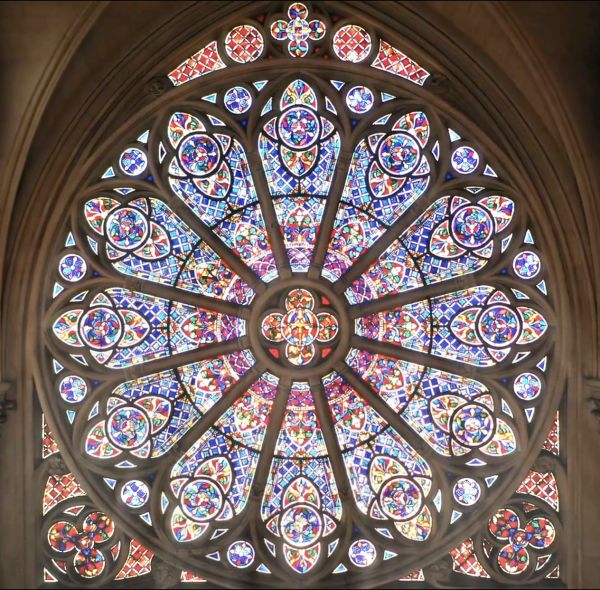Jesus urges his little flock not to fear anything, because the Father has given the Kingdom to the little ones.
He encourages them to give alms, not to accumulate treasures on earth, which are soon consumed, but in God, because they are eternal.
In the life of the Poverello, we find these themes several times.
Francis grieved at having to leave his flock exposed to danger and ravenous wolves after him, but in his heart he was also certain that God would protect them and make them grow.
Through Grace, they would become heirs to the Kingdom of Heaven. Faith told him this!
In the Sources, then, the prerogative of not accumulating is commonplace, since Francis, throughout his life, thought only of giving back what he had received, starting with his father, to whom he even 'returned' his clothes, following 'naked' the path of poverty, his desired wealth.
The Little Brother had his mind and heart turned to God and sought only the Kingdom of Heaven, in simplicity and purity of heart.
Testimony of this is given to us in one of the passages of the Franciscan Sources.
We read: "These visits to the lepers increased his goodness. Leading one of his companions, whom he had loved very much, to a remote place, he told him that he had discovered a great and precious treasure.
The man was overjoyed and gladly joined Francis when he was invited.
He often led him to a cave near Assisi; he would enter alone, leaving his friend outside, impatient to get hold of the treasure [...]
Animated by a new and extraordinary spirit, he prayed secretly to the Father [...]
He suffered unspeakable pain and anguish within himself, because he could not be at peace until he had fulfilled his vocation" (FF 1409).
On his way, in the middle of winter, in Celano, the Poverello gave his cloak to an old woman.
He said to her, "Go, make yourself a dress, for you are in great need" (FF 673).
And Clare, in her letters to her spiritual daughter, Agnes of Bohemia, attested:
"You who have preferred poverty to temporal riches, and have entrusted your treasures to heaven rather than to the earth, where they are not corroded by rust, consumed by moths, uncovered or stolen by thieves, you will receive an abundant reward in heaven [...]" (FF 2866).
The theme of sharing wealth, of 'not holding on to' and «giving back» to God and to one's brothers and sisters, was very dear to Francis of Assisi and was one of the guiding principles of his journey of faith.
In the Sources we read:
"Once, while returning from Siena, he met a poor man. It so happened that Francis, because of illness, was wearing a cloak over his habit.
Looking with merciful eyes at the misery of that man, he said to his companion:
'We must give this cloak back to this poor man, for it is his. We have only borrowed it until we found someone poorer than ourselves'.
His companion, however, considering the state in which the merciful father found himself, refused outright: he had no right to forget himself in order to provide for another.
But the saint said:
"I believe that the Great Almoner will accuse me of theft if I do not give what I am wearing to those who are more in need" (FF 1143).
«Sell your possessions and give alms; make yourselves purses that do not grow old, a treasure in the heavens that does not fail» (Lk 12:33)
Sunday 19th in O.T. year C (Lk 12:32-48)












